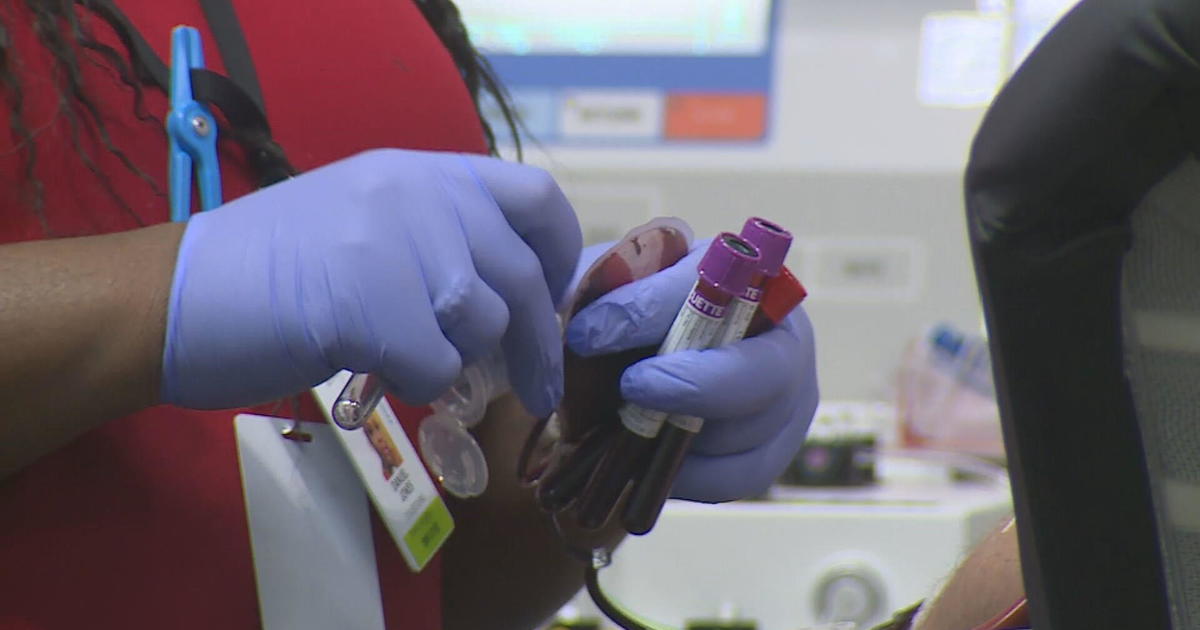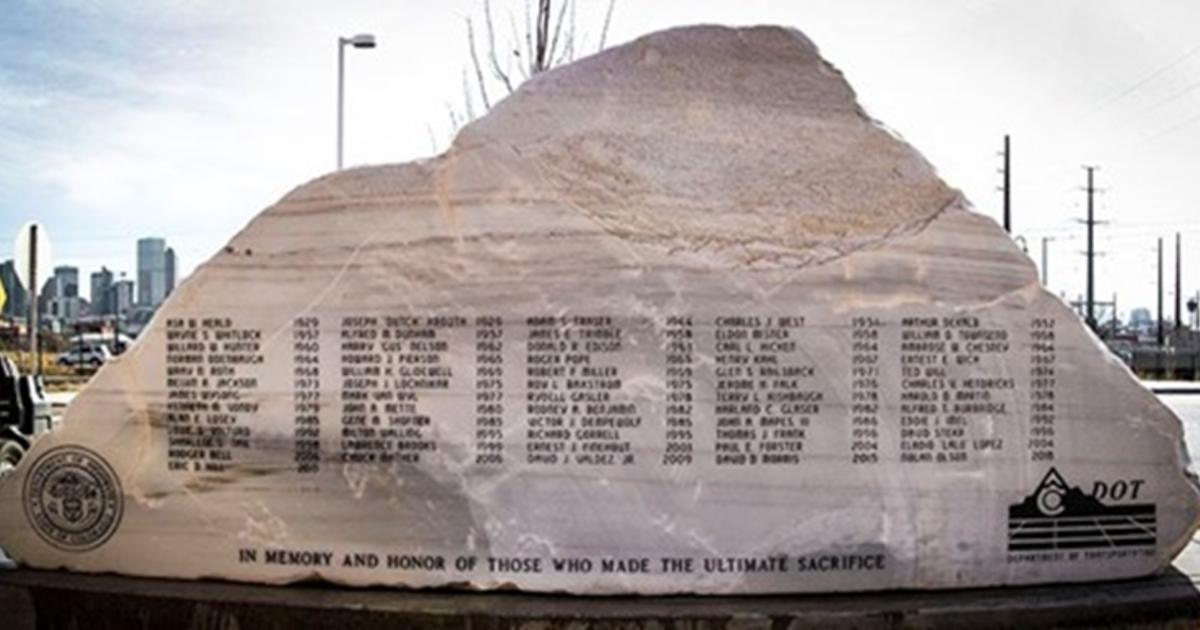Congressional Hearing In Denver Tackles Fracking
DENVER (AP) - Western state officials took turns bashing the federal government Wednesday at a congressional field hearing on proposed nationwide drilling rules on hydraulic fracturing.
The field hearing by the Subcommittee on Energy and Mineral Resources was called in response to last month's announcement by the Obama administration that it would seek coordinated federal oversight of natural gas production. The Interior Department, meanwhile, is expected to issue new rules in the next few weeks on natural gas drilling on public lands
The federal oversight was denounced by officials from Colorado, Wyoming and Utah, all of which rely heavily on oil and gas production.
"We have a knee-jerk reaction in Washington that the federal government needs to be in charge and be in control, and I couldn't disagree more," said Kathleen Clarke, director of the Utah Office of Public Land Policy Coordination.
Shawn Reese, policy director for Wyoming Gov. Matt Mead, testified that 20 percent of that state's workforce is tied to energy production.
"The importance of natural gas to the state's economic situation cannot be overstated," said Reese, who said federal oversight would be "unnecessary and unreasonable." Wyoming was one of the first states to require companies using fracking chemicals to disclose the ingredients in those mixtures to state oil and gas regulators.
Colorado Rep. Doug Lamborn, a conservative Republican who heads the subcommittee, introduced the hearing by blasting the Obama administration and the U.S. Department of Interior for trying to "hijack" state oversight of drilling practices including hydraulic fracturing, also called fracking.
Fracking involves blasting mixtures of water, sand and chemicals deep underground to stimulate the release of gas. It is often combined with horizontal drilling, which can increase production far beyond a vertically drilled well.
"This administration's anti-energy policies continuously hinder rather than help job creation and energy production," Lamborn said.
But the Washington-bashing session veered off script when two Democrats on the panel, and a citizen fracking opponent called to testify, blasted suggestions that there's no need for national health and safety regulation.
"Do Coloradans react differently to water pollution?" asked a skeptical Rep. Rush Holt, a New Jersey Democrat who attended the field hearing and questioned the state officials who argued against national safety regulation. After Clarke testified that Utah saw no water contamination in 50 years, Holt said that perhaps that was because the state wasn't looking.
The subcommittee also heard from a Colorado mom who has tried unsuccessfully to block a gas drill planned within 600 yards of her daughter's elementary school.
Jen Palazzolo of Erie, a suburb about 30 miles north of Denver, testified that state officials haven't been any more helpful in her fight.
"As a mother who wants nothing but to protect my children, I ask myself every day if we know enough" about fracking, Palazzolo said.
Democratic Rep. Diane DeGette of Denver, who has sponsored unsuccessful bills seeking required disclosure of fracking fluids used by energy companies, argued that all levels of government, including municipalities, should have a say in how and where drilling is done. She pointed out that technological advances in direction drilling and fracking have brought the drilling procedure closer to populated areas, triggering a need for more governmental oversight.
"We're drilling in a lot of places with hydraulic fracturing where we weren't before," DeGette said.
The question of who sets drilling rules is especially prickly in Colorado. The state's divided Legislature appears headed toward a logjam over clarifying oversight. A Republican House committee is considering a bill to punish local governments that seek to rein in drilling.
Meanwhile, the Democratic Senate is looking at a bill to overhaul drilling regulations to require more environmental controls. Both bills are almost certain to be rejected by the opposing chamber.
- By Kristen Wyatt, AP Writer
(© Copyright 2012 The Associated Press. All Rights Reserved. This material may not be published, broadcast, rewritten or redistributed.)



